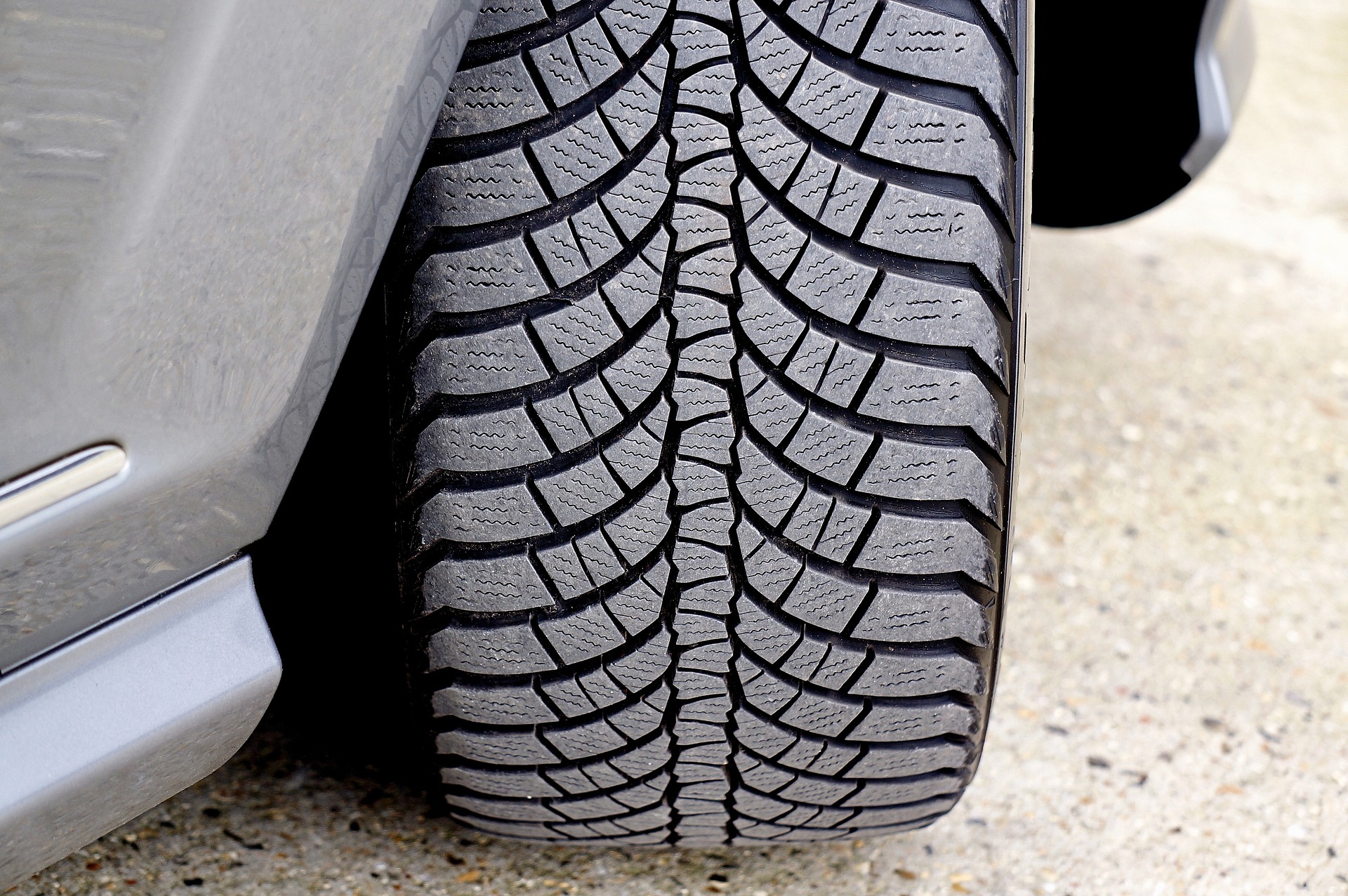Understanding All-Season Tires: Prices and Offers for 2025
All-season tires represent a versatile option for drivers seeking year-round performance without seasonal changeovers. As 2025 approaches, consumers are increasingly researching current pricing trends and available offers to make informed purchasing decisions. Understanding what factors influence all-season tire costs and where to find the best deals can help drivers maximize value while ensuring safety on the road.
All-season tires continue to be a popular choice for drivers who want consistent performance throughout changing weather conditions. These versatile tires are designed to handle a variety of road conditions, from dry pavement to light snow, making them an attractive option for many vehicle owners. As we look toward 2025, understanding current pricing trends, available offers, and what factors influence costs can help consumers make informed decisions when shopping for new tires.
What Are All-Season Tires and Their Benefits?
All-season tires are engineered to provide adequate performance in multiple weather conditions throughout the year. Unlike specialized seasonal tires, they feature tread patterns and rubber compounds that balance the requirements for both warm and cold weather driving. The primary benefits include convenience (no seasonal changeovers required), cost-effectiveness (one set instead of two), and versatility across various driving conditions.
These tires typically feature moderate tread depths with specialized siping patterns that help channel water away while maintaining good contact with the road. The rubber compounds are formulated to remain flexible in moderately cold temperatures while still providing durability in warmer conditions. For many drivers in moderate climate regions, all-season tires represent an ideal balance of performance, convenience, and value.
How Are All-Season Tire Prices Trending for 2025?
Industry forecasts for 2025 indicate several factors influencing all-season tire pricing. Raw material costs, particularly natural and synthetic rubber, continue to fluctuate based on global supply chain conditions. Manufacturing innovations are helping some manufacturers offset these increases, but consumers should expect moderate price adjustments compared to previous years.
Entry-level all-season tires from reputable manufacturers are projected to start around $80-100 per tire in 2025, while mid-range options typically fall between $120-160 per tire. Premium all-season tires featuring advanced technologies and longer tread life warranties may range from $175-250+ per tire. These price ranges reflect the base tire cost before installation, balancing, and other service fees that typically add $15-30 per tire.
Economic factors including inflation and transportation costs are expected to continue influencing regional pricing variations across different markets. Consumers should note that prices tend to be higher in urban centers with higher operating costs, while rural areas may offer more competitive pricing due to lower overhead.
Where to Find the Best All-Season Tire Online Offers
The online marketplace for tires has expanded significantly, creating more competitive pricing and convenient shopping options. Major online retailers like Tire Rack, Discount Tire Direct, and SimpleTire frequently offer promotional discounts, especially during seasonal transitions or holiday periods. These platforms allow consumers to compare specifications, read reviews, and find installation partners all in one place.
Manufacturer-direct websites have also become increasingly competitive, with companies like Goodyear, Michelin, and Continental offering online purchasing with direct shipping to local installation partners. These sites often feature exclusive web promotions not available in physical stores. Many offer price-matching guarantees against major competitors, creating additional value opportunities for informed shoppers.
Membership-based retailers like Costco and Sam’s Club extend their discount models to their online tire departments, frequently offering member-exclusive pricing and installation package deals. These retailers typically feature a more limited selection but compensate with aggressive pricing and comprehensive warranty programs that include road hazard protection.
Understanding All-Season Tire Price Factors and Categories
Several key factors determine all-season tire pricing beyond just the brand name. Tire size significantly impacts cost, with larger diameter tires and specialty sizes commanding premium prices. Performance ratings also influence pricing, with higher speed ratings and load indexes typically corresponding to higher costs. Warranty coverage varies widely, with premium tires often featuring longer tread life guarantees that justify their higher initial investment.
All-season tires generally fall into three main pricing categories:
| Category | Price Range (2025 Est.) | Typical Features | Expected Tread Life |
|---|---|---|---|
| Budget | $80-120 per tire | Basic all-season performance, limited warranty | 40,000-50,000 miles |
| Mid-Range | $120-180 per tire | Enhanced grip, longer warranties, better wet performance | 60,000-70,000 miles |
| Premium | $180-250+ per tire | Advanced compounds, superior handling, comprehensive warranties | 70,000-90,000 miles |
Prices, rates, or cost estimates mentioned in this article are based on the latest available information but may change over time. Independent research is advised before making financial decisions.
Comparing Popular All-Season Tire Models for 2025
The all-season tire market features numerous options across various performance categories and price points. Understanding the differences between popular models can help consumers identify the best value for their specific needs and driving conditions.
| Tire Model | Manufacturer | Key Features | Price Range (2025 Est.) |
|---|---|---|---|
| Defender T+H | Michelin | 80,000-mile warranty, exceptional wet braking | $135-175 |
| Assurance WeatherReady | Goodyear | 3PMSF rating, evolving tread design | $140-180 |
| CrossClimate 2 | Michelin | Winter-certified all-season capability | $160-210 |
| Advantage Control | Continental | QuietTrack technology, 80,000-mile warranty | $125-165 |
| Turanza QuietTrack | Bridgestone | Comfort-focused, reduced road noise | $140-190 |
| Ecopía H/L 422 Plus | Bridgestone | Fuel-efficient design, longer tread life | $120-160 |
Prices, rates, or cost estimates mentioned in this article are based on the latest available information but may change over time. Independent research is advised before making financial decisions.
When comparing all-season tire options, consumers should consider their typical driving conditions, vehicle type, and performance priorities. While premium tires command higher upfront costs, their extended tread life and enhanced performance characteristics often deliver better long-term value for many drivers. Conversely, budget-conscious consumers who drive limited miles may find mid-range options provide the best balance of performance and affordability.
As 2025 approaches, the all-season tire market continues to evolve with new technologies and performance enhancements. Manufacturers are increasingly focusing on creating versatile products that deliver reliable performance across a wider range of conditions, helping to justify their pricing structures. By understanding the factors that influence all-season tire costs and researching available online offers, consumers can make informed decisions that balance performance requirements with budget considerations.





